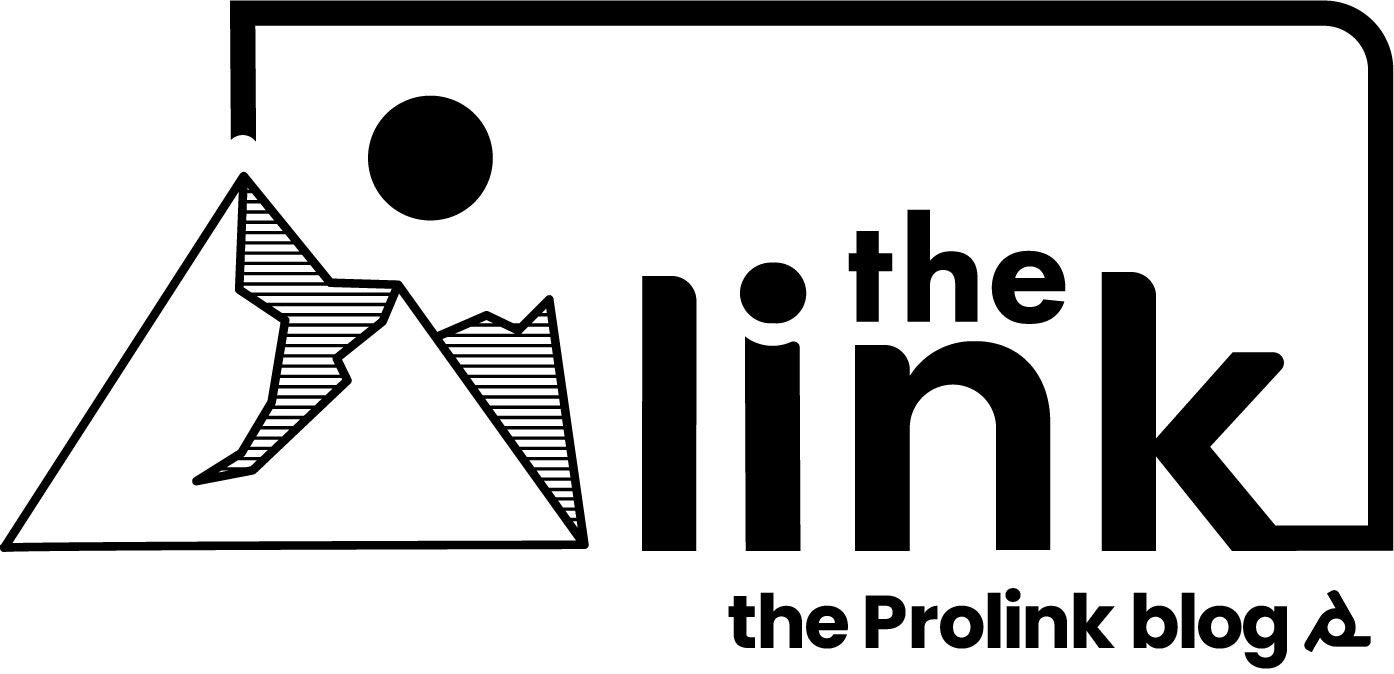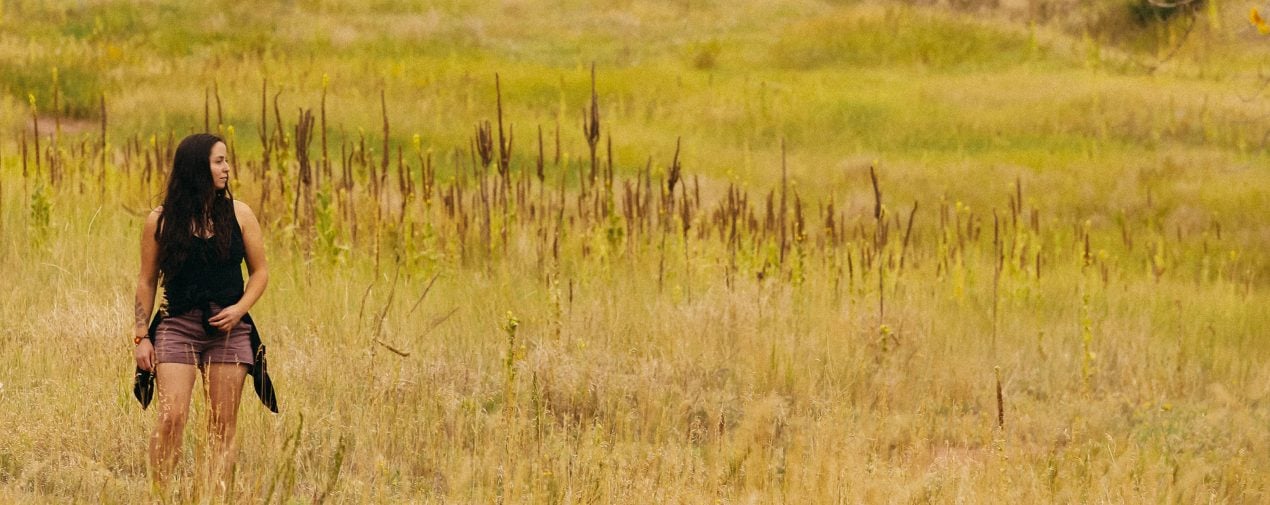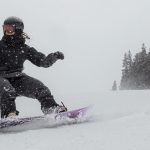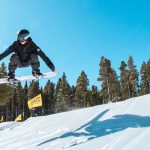Indigenous People’s Day: A Modern Perspective from an Indigenous Snowboarder
Ask yourself this question: If outdoor action sports and recreation never existed in the first place, would you still willingly protect the environment?
Long before the Americas ever became westernized, the original inhabitants of these lands resided on and preserved our Earth. And still to the present day, continue in doing so. Even though we now recognize Indigenous Peoples’ Day as a replacement (and counter-celebration) to Columbus Day, it’s important to note that celebrating Indigenous cultures must extend beyond one day of the year.
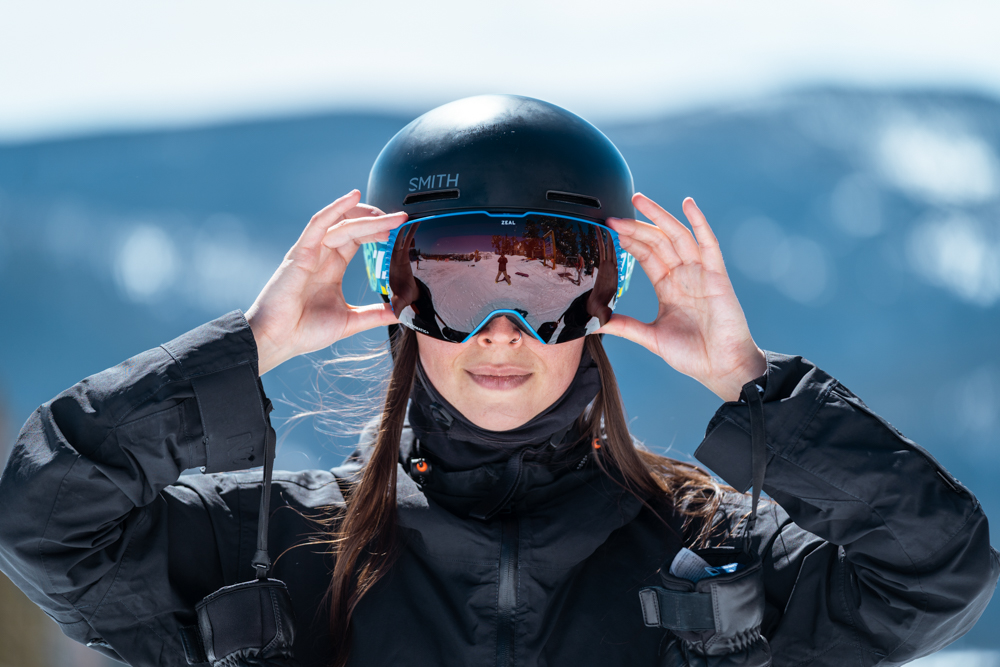
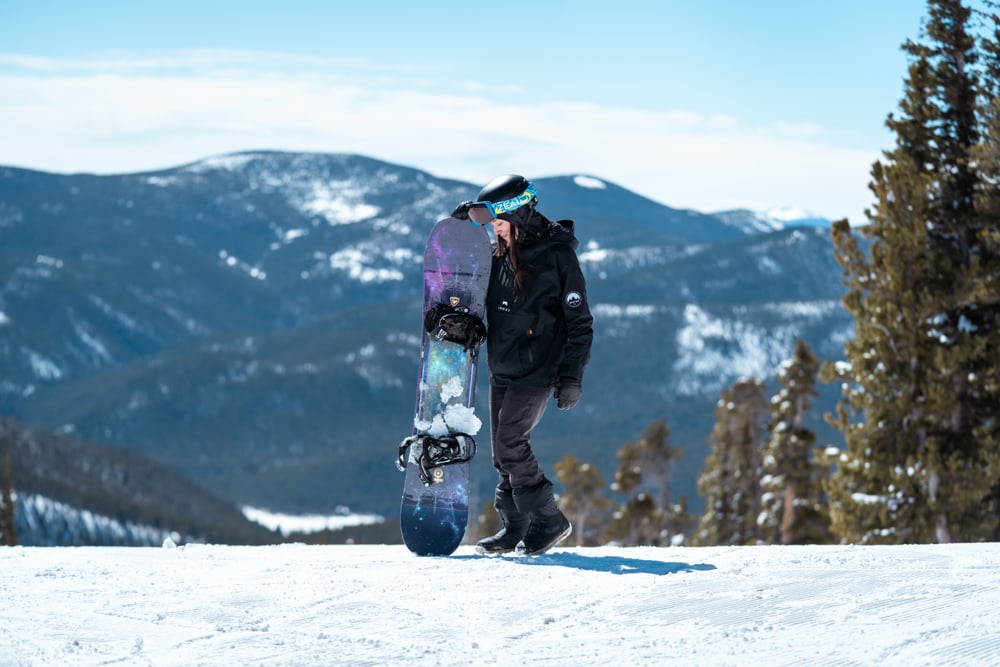
Yes, acknowledgement is an important start. However, collective healing means understanding and discussing uncomfortable truths this country was founded on.
Especially in this day and age, when the constitutional rights of marginalized groups are being stripped away, as we speak.
An Overview
As an Indigenous woman that’s actively worked in the outdoor industry for almost seven years now, I have food for thought to offer on the holiday. This is not meant to be a comprehensive deep dive, but rather, a contemporary observation. Coming from my own modern world viewpoint. I cannot speak on behalf of what other Indigenous individuals have personally experienced. They have their perspectives and stories to share, which are just as important.
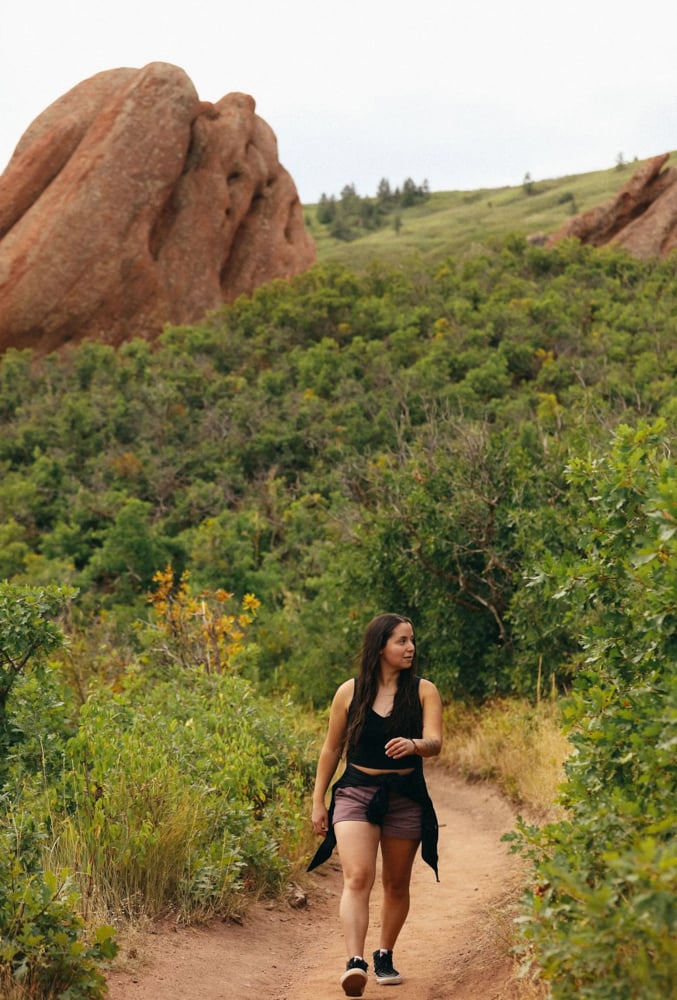
If we view Indigenous Peoples’ Day as form of counter-celebration, it’s essentially a protest against everything that settler colonialism (a.k.a Columbus) embodies. Indigenous is synonymous for original inhabitants–people that already thrived in the Western Hemisphere long before European contact ever came into the picture. Native Americans are the first Americans. Therefore, by this understanding, the Americas weren’t “discovered” by Columbus.
Counter-celebration can take many forms–from honoring the history of Indigenous resilience, to learning from Indigenous tribes and cultural traditions (without appropriating). The list goes on. Federal holiday recognition or no, Indigenous communities have always actively celebrated their respective cultures to the present day. We’ve existed here for millennia, and are still here.
To go against celebrating Columbus Day means thoroughly acknowledging that this country was founded on the displacement, assimilation, and violent eradication of Indigenous populations. The land resided on to this day is stolen land. A reality that we all need to get comfortable discussing openly.
A Modern Narrative
As I write, I think about my own upbringing. As somebody that’s mixed race–my dad’s family holds Pueblo ancestry–I’ve always grappled with imposter syndrome. I did not grow up on a reservation. I’ve lived in various places in the U.S. from a young age (moving for my parents’ work), and attended college. I’m well aware that to vocalize the subject matter at hand holds an element of privilege in and of itself.
For me personally, celebrating Indigenous heritage has always been tied to reconnecting with the environment; immersing in nature. Ever since I was a kid, I was fortunate to partake in outdoor recreation–my parents are avid hikers and campers. Living in a small Colorado mountain town for a couple years outside a ski area (ages seven to nine) not only introduced me to a love for sliding on snow, but also an Indigenous community within the town. Participating in organized powwows and other communal events alongside my family began to formulate an understanding of my own heritage. I soon realized that preserving Indigenous cultural practices and environmental conservation are inextricably linked. The two go hand-in-hand.
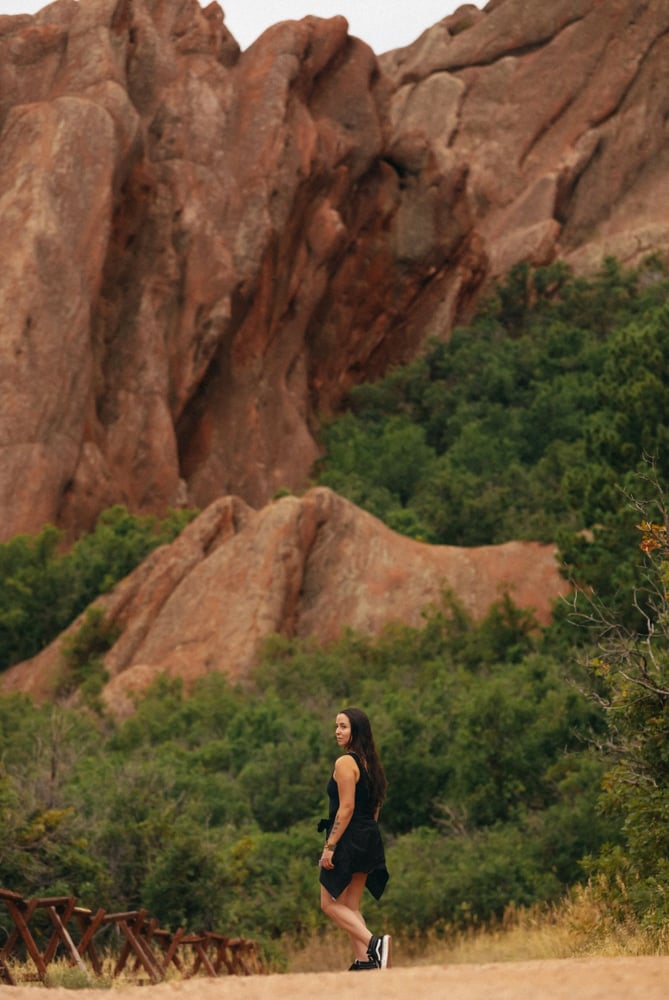
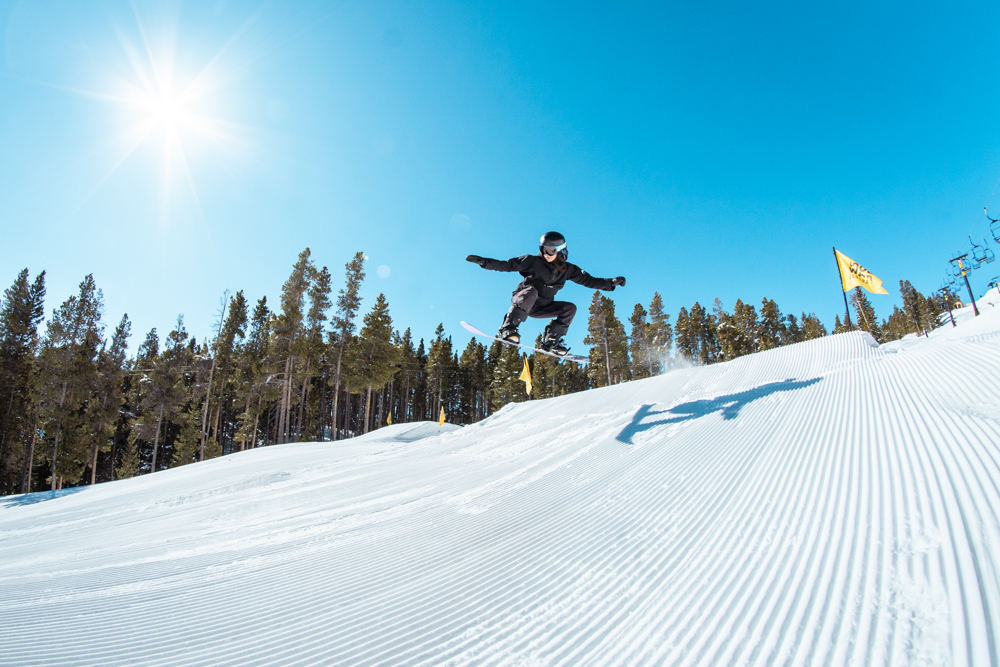
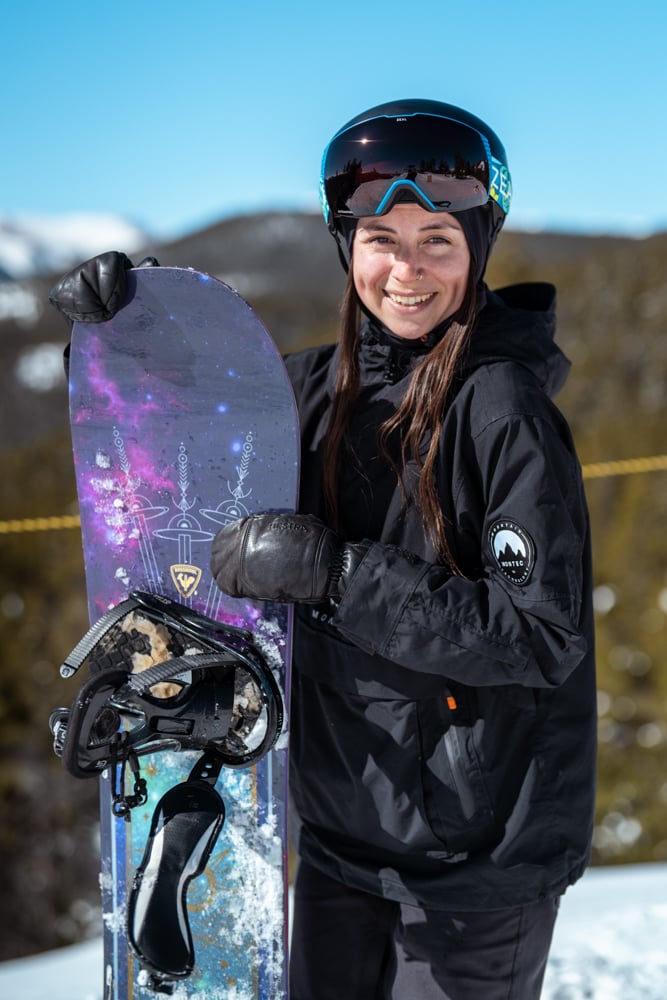
Yet life experiences are not without challenges. It’s important to note that, as a mixed-race person, I’ve experienced racism (and sexism) from both BIPOC and non-BIPOC individuals. I’ve been told that I’m not “ethnic-looking enough”–by strangers, even former coworkers–and that me speaking on Indigenous heritage while working in the outdoor industry (as a snowboard instructor) is giving off false advertisement. Among other remarks.
Acknowledging Indigenous nations in this country means knowing that we are not homogenous to just one identity. We can be brought up of many different backgrounds, tribes, and cultures. Some interwoven, others not. Just like the multitude of outdoor endeavors and recreational activities people partake in, we too are allowed to feel just as comfortable in athletic gear as we are wearing traditional attire. One does not dilute the other.
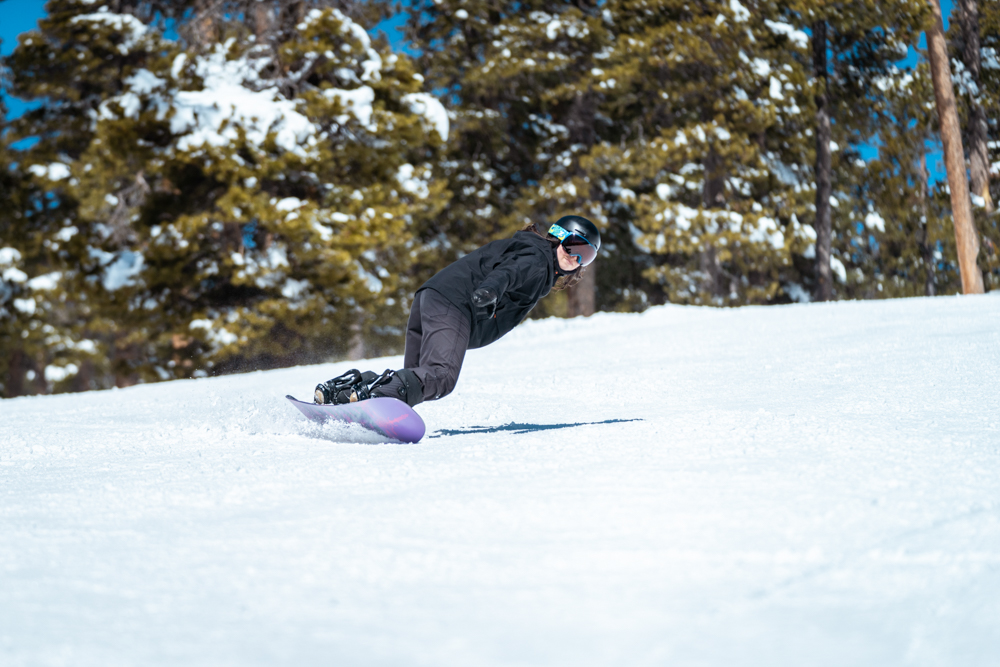
My mixed-race background does not make me lesser than. My voice and personal experiences still matter. I too hold multiple complexities and identities. I can embrace my Indigenous ancestry both on and off my snowboard. As an instructor, I can pass along a valuable skillset to others while simultaneously vocalizing the injustices (and barriers) that have, and continue to, affect Native people.
Final Thoughts
True understanding begins with educational awareness. This means being willing to do the homework and learn (without preconceived judgment) from marginalized communities beyond one assigned day of the year.
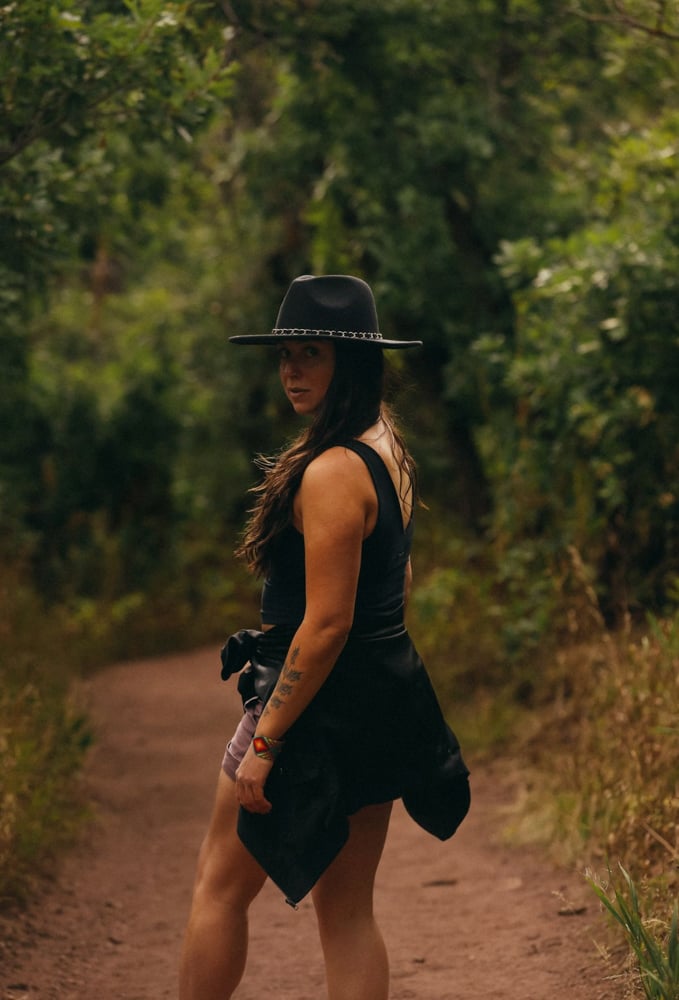
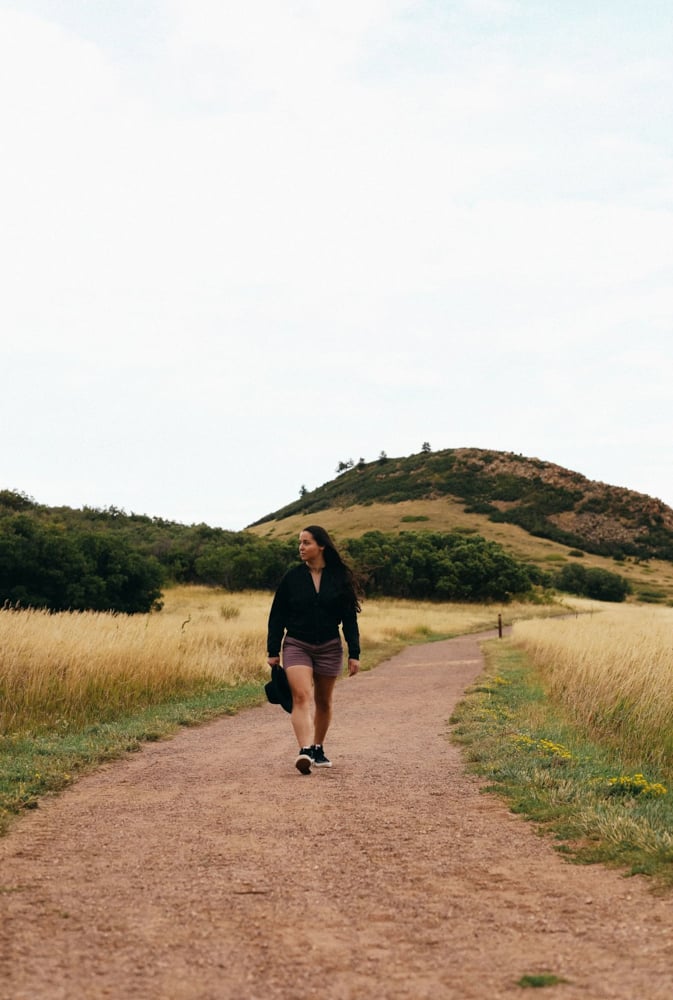
Celebrating Indigenous people also means taking action. Action through amplifying Indigenous voices and perspectives. Action in the form of activism; in advocating for policy changes that support Indigenous rights (both on and off reservations, across every level of society). Action through environmental awareness and conservation efforts. In using one’s own privilege to challenge systemic oppression. Celebrating in the form of collective action speaks volumes. Performative allyship doesn’t benefit anyone in the long run.
And finally, the next time you’re out recreating in nature, recognize–and definitely inform–that it was somebody else’s home long before becoming a playground.
About the Gear Tester
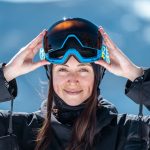
Amanda Cruz
Amanda Cruz is a certified snowboard instructor, yoga teacher, and DEI (Diversity, Equity, & Inclusion) advocate living in Boulder, Colorado. Having worked at Eldora Mountain Resort for the past four seasons, she has actively taught in her home mountain’s women’s-specific program. When not instructing or educating on the importance of equal representation in outdoor spaces, she’s most likely adventuring along the slopes, practicing freestyle in the terrain park, hiking, or going to yoga and coffee meet-ups with friends.
You can find her on Instagram at @ventureyogi
